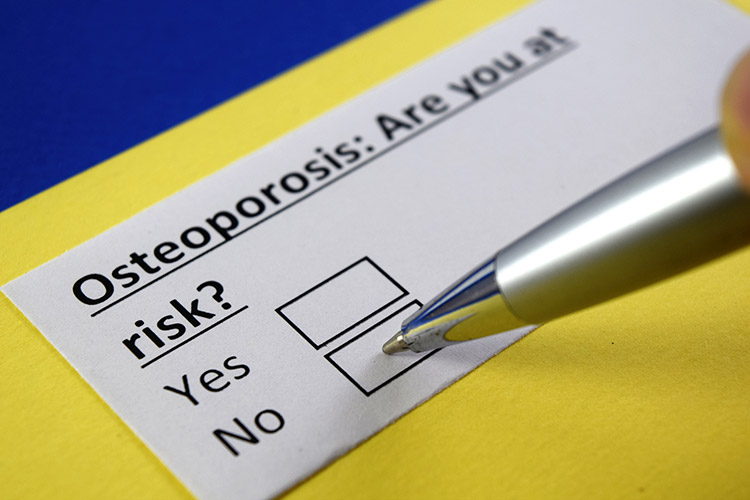
Bone Density Screening
Osteoporosis is a disease in which your bones become thin and weak. As bones weaken, they become fragile and more easily broken. Low bone density is a concern for millions in the U.S., putting them at risk for osteoporosis. We offer bone density testing using a bone density ultrasonometer scanner to obtain a T-score. This fast and painless ultrasound test of the non-dominant forearm is used to evaluate osteoporosis fracture risk. With each screening, the health professional conducting the test will provide printed results, osteoporosis prevention counseling and education on how to keep bones strong and reduce the risk of osteoporosis. Educational material on osteoporosis risk factors and prevention are provided.
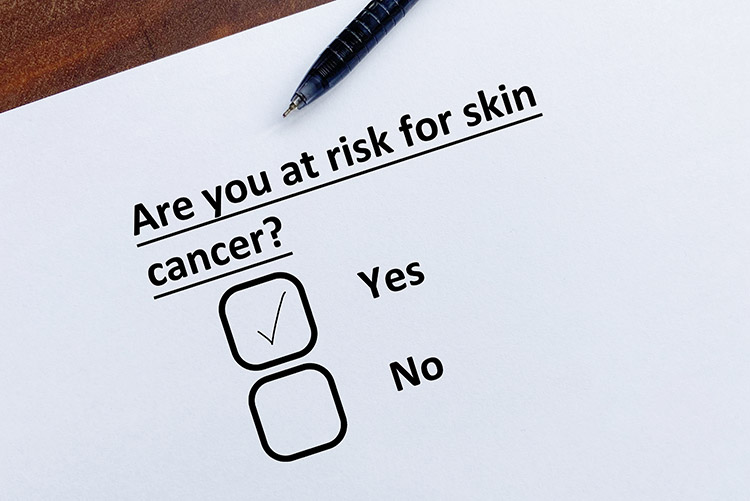
Dermascan Screening
Skin cancer is one of the most common and preventable types of cancer. This Dermascan screening analyzes facial skin condition and sun damage utilizing a skin analysis machine which fluoresces in a unique way that highlights facial skin conditions and sun damage that are not visible in the natural light. It has a one-way magnifying mirror that allows the health professional to view the individual’s facial skin while at the same time allowing the individual to see their face in the mirror. With each screening, the health professional conducting the screening will provide education and counseling on preventing sun damage, checking for skin changes, and sunscreen recommendations. Annual full skin checks by a licensed dermatologist are also strongly recommended to reduce skin cancer risks. Educational materials on skin cancer prevention and sunscreen recommendations are provided.
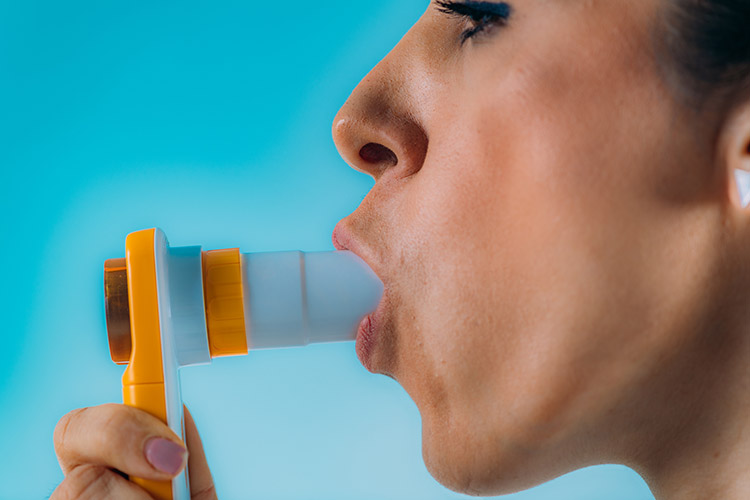
Spirometry Screening
Smoking is the #1 cause of Chronic Obstructive Pulmonary Disease (COPD). Spirometry is a type of pulmonary (lung) function test, measuring how well an individual is breathing. This breathing test measures how much (volume) and how fast (flow) an individual can move air into and out of their lungs. The spirometer calculates and graphs the results. With each screening, the health professional conducting the screening will provide printed results, counseling regarding any concerns, and education on risk factors and prevention of COPD. Educational material on COPD risk factors and prevention are provided.
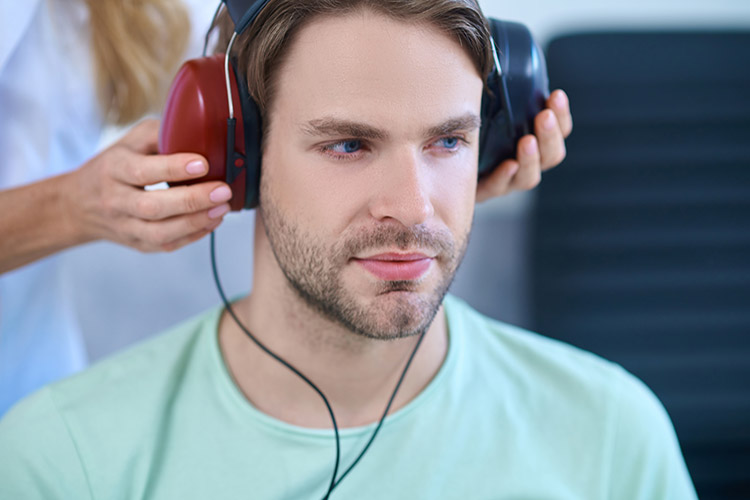
Hearing Screening
A significant number of Americans have hearing loss. Using an audiometer, this screening will assess how well the individual can hear various high and low decibels and frequencies. A hearing health history is taken and audiometry is completed in a quiet room. With each screening, the health professional provides results, counseling on any concerns, education on what causes hearing loss and how to recognize it, and potential hearing related problems. Each test requires approximately 10 minutes per participant. Educational materials on hearing health are provided.
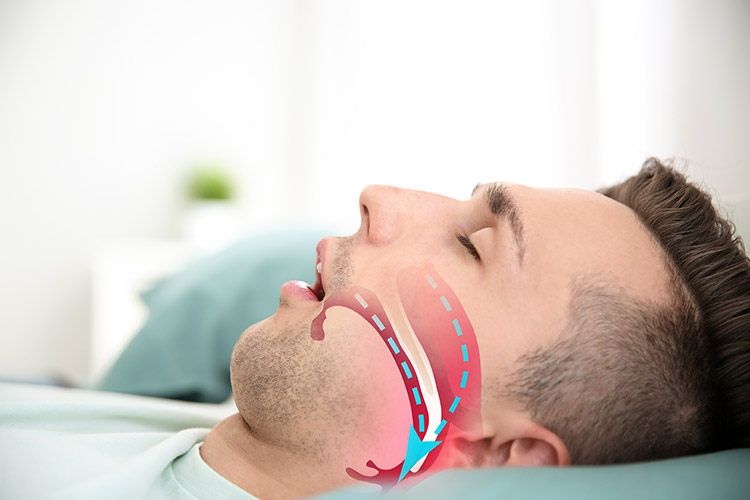
Sleep Apnea Screening
Untreated sleep apnea can lead to serious heart, kidney, and metabolic health complications. Obstructive sleep apnea is the most common sleep-related breathing disorder, caused by a blockage of the airway during sleep. This screening assesses the individual for obstructive sleep apnea, using the STOP-Bang Questionnaire and neck circumference to determine if the individual is at high risk. With each screening, the health professional provides results, counseling regarding any concerns, high risk referral if applicable, and education on sleep apnea risk factors and prevention. Educational material on sleep apnea risk factors and prevention is provided.

Heart Health/Hypertension Screening
Heart disease is the #1 killer of men and women. Hypertension, left untreated, can be life threatening. This screening includes blood pressure and heart rate screening by a health professional. With each screening, the health professional will provide blood pressure and heart rate results, counseling regarding any concerns, education on cardiovascular risk factors, how to modify those risk factors and goals for heart health. Educational material on hypertension and heart health are provided.
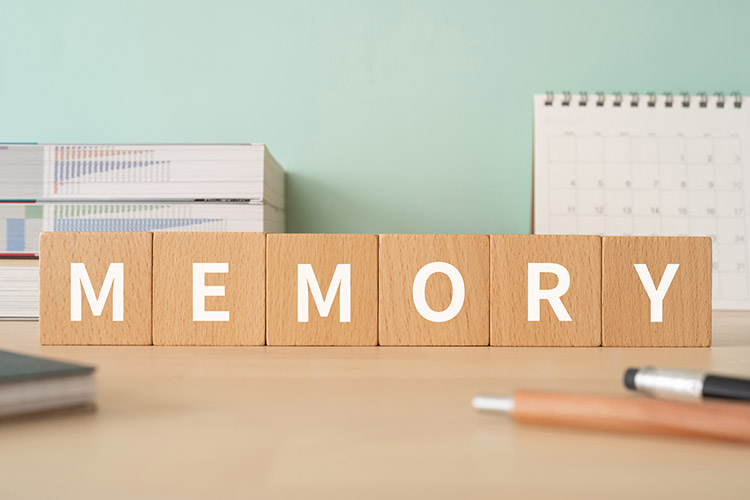
Memory Screening
Memory, concentration, and other cognitive skills are tested using the most common mental status exam, the Mini-Mental State Exam. This research-based set of questions provides a score about a person’s general level of cognitive impairment. With each screening, the health professional records the individual’s responses to the questions and tasks on the questionnaire. The result of the test, which takes 5 – 10 minutes, is then calculated. Individuals are provided results, counseling regarding any concerns, and education and tips on protective foods, vitamins, and activities to support brain health. Educational materials on brain health and tips to decrease the risk of dementia and Alzheimer’s disease are provided.
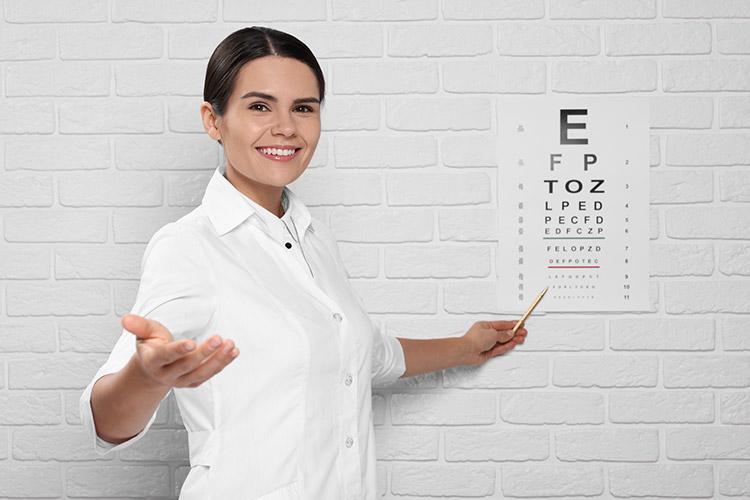
Vision Screening
Adults should have regular eye exams. Our vision exam utilizes a Snellen Eye chart, screening for visual acuity for both eyes. With each screening, the health professional will provide results, counseling regarding any concerns, and education on eye health. Participants are referred to their ophthalmologist for follow up/corrective lenses, if necessary. Educational materials on eye health are provided.
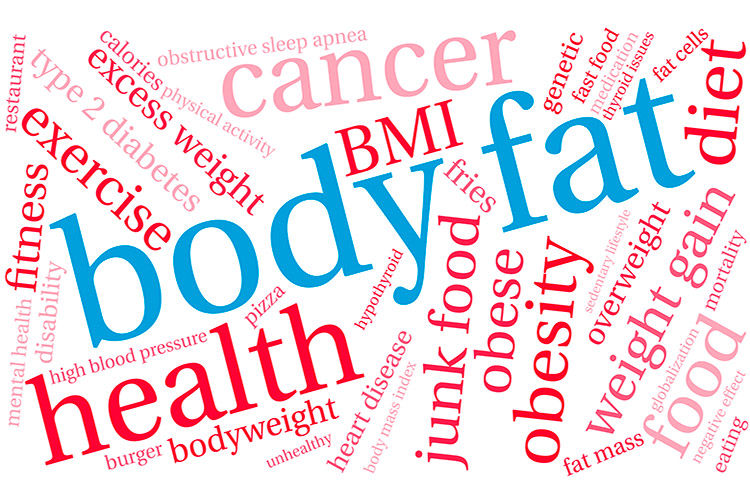
Body Composition Screening
While the scale may tell you what you weigh, it does not tell you what your body is made of. Body composition refers to everything in your body, split into 2 compartments: fat mass and fat-free mass. This assessment measures height, weight, waist, body mass index (BMI) and body fat percentage. With each screening, the health professional will provide results, counseling regarding any concerns, and education on decreasing body fat, increasing muscle, or both. Educational materials on BMI/body fat percentage, metabolism, exercise, and dietary recommendations are provided.
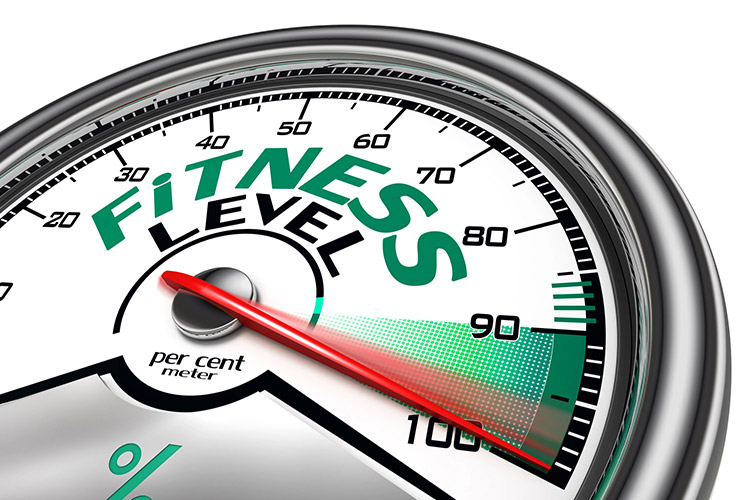
Fitness Assessments
Many people need assistance getting on track with their fitness. With this screening, the certified fitness professional records measurements of height, weight, waist circumference, body mass index (BMI), body fat percentage, blood pressure and postural assessment. With this assessment, the fitness professional inquires regarding the participant’s daily routine, activity level, main fitness goal, how long they have had this goal, current diet/nutrition, and makes recommendations. Includes educational materials on fitness, body fat/BMI, metabolism, and nutrition.
